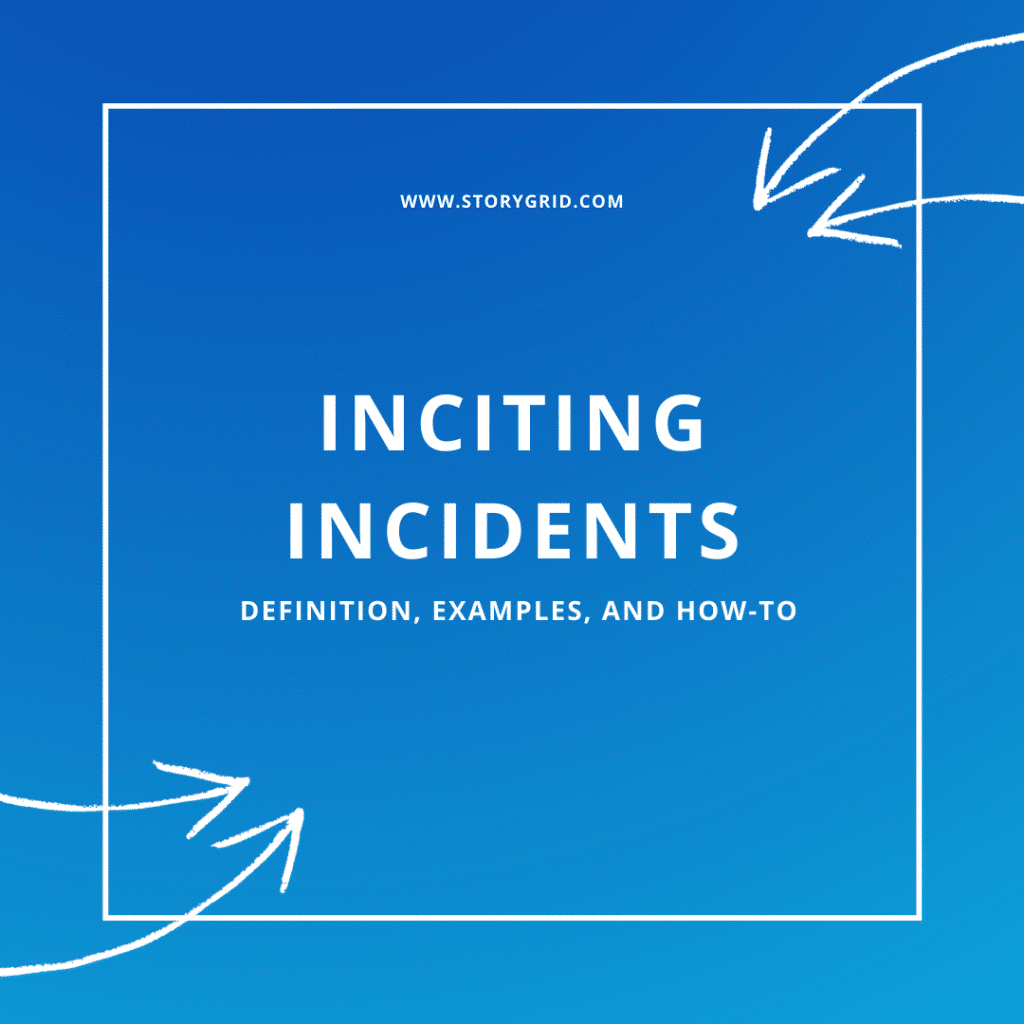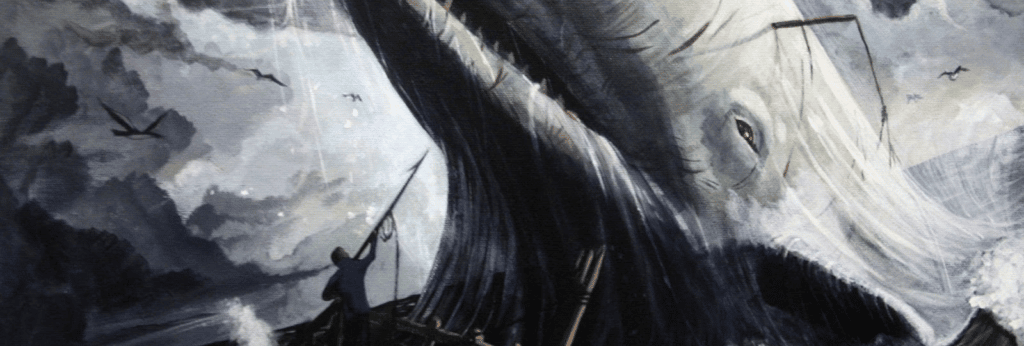What is the Inciting Incident Definition?
The inciting incident is a ball of chaos that spins into the story and knocks the protagonist’s life out of balance. It puts the events of the story into motion and introduces the reader to the global conflict in a compelling way. It is the first of the FIVE COMMANDMENTS OF STORYTELLING.
The inciting incident sets up the rest of your UNIT OF STORY and establishes the arena in which the CONTROLLING IDEA of the story operates. The reader expectations are grounded by the inciting incident and draws the audience into the flow of the narrative.

2 Categories of Inciting Incidents
Every inciting incident falls into one of two categories:
- Causal – An active choice by an AVATAR. Examples include a wife leaving her husband, a man enlisting in the Marines, a dentist molesting a patient he’s put under anesthesia.
- Coincidental – Something unexpected, random or accidental happens. Examples include a poor man winning the lottery, an unexpected typhoon, a piano falling out of a window and killing a man’s dog.
There are times when an inciting incident is at first ambiguous to the reader. For instance, at the beginning of a CRIME STORY it may be unclear whether a death was caused by accident or by AVATAR action. However, this is not a third category because the reader always eventually discovers that it was either causal or coincidental.
3 Placements of Inciting Incidents
The inciting incident can appear in one of three places in the UNIT OF STORY:
- Immediate – At the very beginning of the UNIT OF STORY. This immediately hooks the reader into the action but forces them to quickly acclimate to the ALTERNATE WORLD.
- Delayed – Later in the UNIT OF STORY (though still towards the beginning). This immerses the reader in the ALTERNATE WORLD before having to process the inciting incident.
- Off-page – Before the UNIT OF STORY so the reader begins in medias res — in the middle of things. This increases the narrative drive by dropping the reader in the middle of the story, but requires more work to acclimate to the ALTERNATE WORLD and events.
4 Rules of the Global Inciting Incident
The most important inciting incident you must choose is the event that kicks off your global story.
There are 4 rules to ensure you pick the right one for your story.
1. Genre Conventions
There are GENRE OBLIGATORY MOMENTS that dictate the global inciting incident a story must have. A CRIME STORY begins with the discovery of a body or other inciting crime. A LOVE STORY begins with a lovers meet moment. An ACTION STORY begins with an attack or the threat of death.
2. Create Imbalance
The inciting incident must knock the protagonist’s life out of balance. The imbalance is so big that it forces the protagonist to take steps to restore equilibrium.
3. Invisible Elements
There must be an element of the inciting incident that the protagonist does not fully understand. The protagonist underestimates the impact it will have on their life along with the change required to set their life back in order.
4. Point to the End
The inciting incident must promise and connect to the ending of the story. The ending of the story must be both inevitable and surprising in the context of the inciting incident.
How do you identify the Inciting Incident?
The inciting incident is found by locating the event which knocks the protagonist’s life out of balance. This event must be so big that the protagonist has to change the course of action they were following before in order to deal with this event.
The inciting incident can be both positive, such as a job opportunity in a PERFORMANCE STORY, or negative, such as getting stranded on an island in an ACTION SURVIVAL STORY.
What are Examples of Inciting Incident in Stories?
The Handmaid’s Tale by Margaret Atwood

Category: Causal
Placement: Off-page. In between Chapters 1 and 2.
Handmaid Offred arrives at her assigned family to be impregnated.
The Great Gatsby by F. Scott Fitzgerald

Category: Coincidental
Placement: Immediate. Chapter 1.
The cousin of a man’s long lost love moves next door to him.
Moby Dick by Herman Melville

Category: Coincidental
Placement: Immediate. Chapter 1.
A young man decides to go to sea and finds a job posting for a whaling voyage.
Catch-22 by Joseph Heller

Category: Causal
Placement: Delayed. Chapter 5.
A fighter pilot can’t get grounded for being crazy because he says he’s crazy and crazy people don’t know they’re crazy.
Strangers on a Train by Patricia Highsmith

Category: Coincidental.
Placement: Immediate. Chapter 1.
Guy Haines meets Charles Anthony Bruno on a train while traveling to see his unfaithful wife.
The Fault in Our Stars by John Green

Category: Causal.
Placement: Immediate. Chapter 1.
Hazel is forced to go to a cancer support group.
Inciting Incidents Throughout the Story
There are inciting incidents in every UNIT OF STORY — BEATS, TROPES, SCENES, SEQUENCES, QUADRANTS and in the global story.
Be sure to mix up the categories and placement as the story unfolds so the story does not become repetitive.
What’s Next After the Inciting Incident?
In response to the inciting incident, the protagonist develops a strategy to correct the imbalance and get back to the status quo, but they still operate under their established cognitive frame until the strategy fails when the protagonist reaches the TURNING POINT PROGRESSIVE COMPLICATION (Commandment Two).
Is the Inciting Incident the Climax?
No, the inciting incident is different from the CLIMAX of a story.
The inciting incident is the event that causes the protagonist’s life to become imbalanced to the point that they must act to restore balance. It is the first of the FIVE COMMANDMENTS OF STORYTELLING.
The climax of a story is the fourth of the Five Commandments of Storytelling, and is the moment when the protagonist decides what course of action they are going to take based on the binary—this or that—choice presented by the CRISIS.
Additional Resources
- The Five Commandments of Storytelling by Danielle Kiowski (Portions of this article have been taken from this book.)
- In-depth Course: The Five Commandments of Storytelling